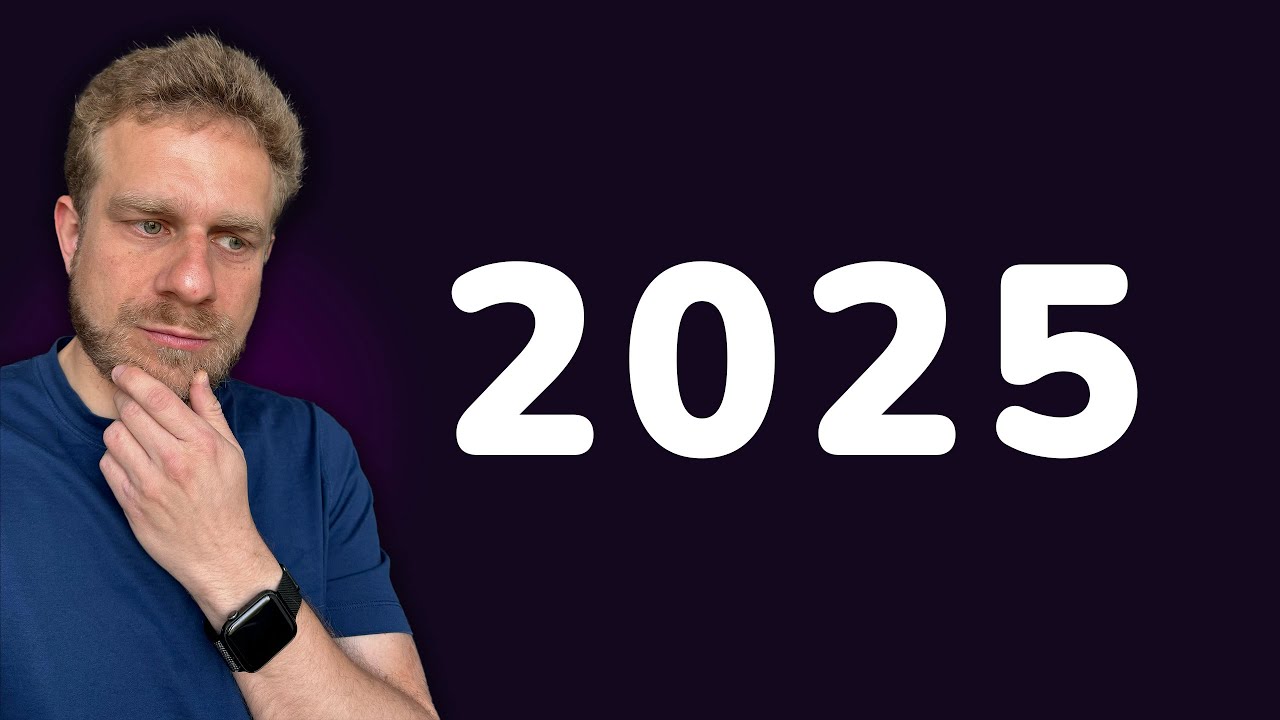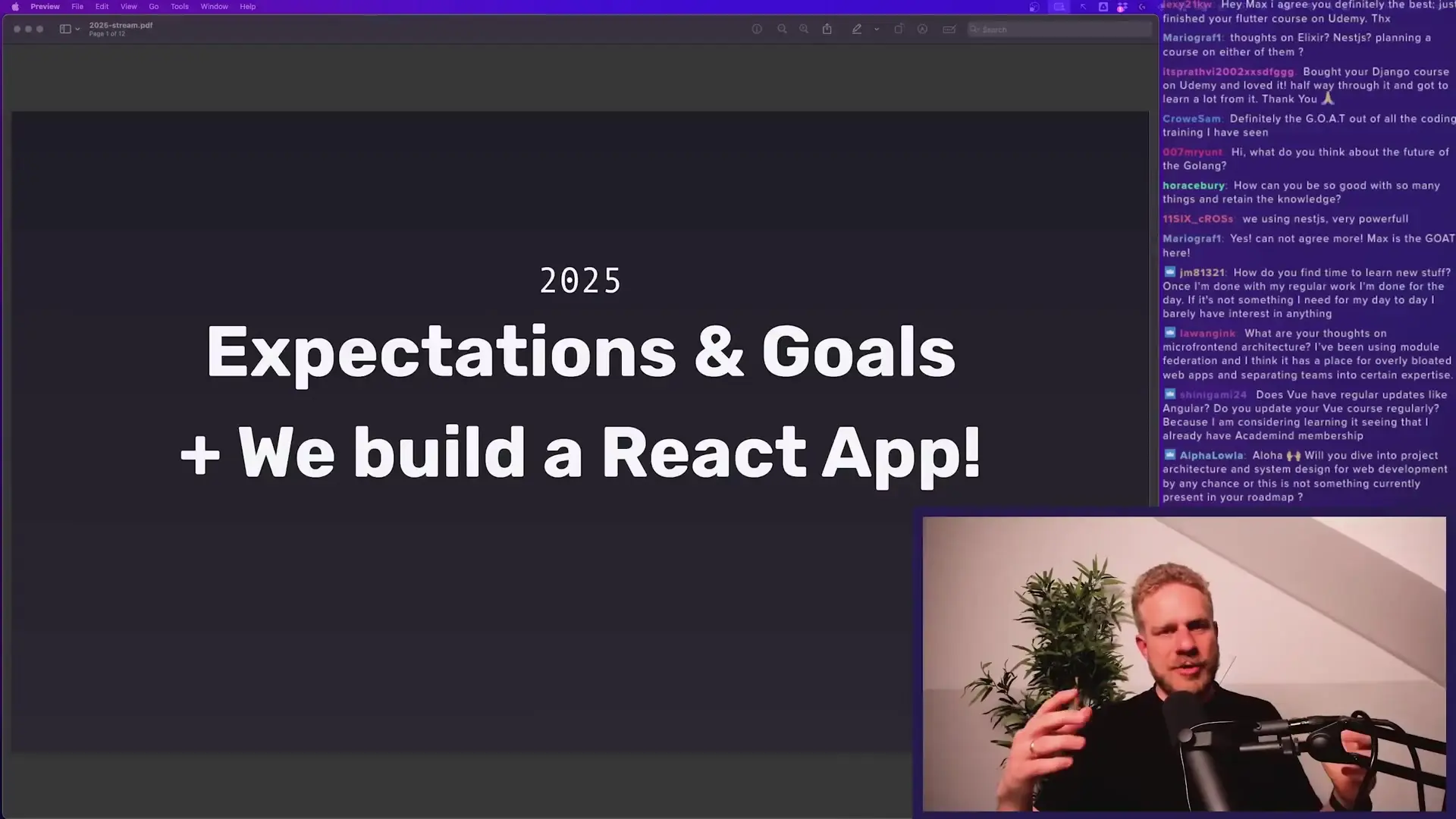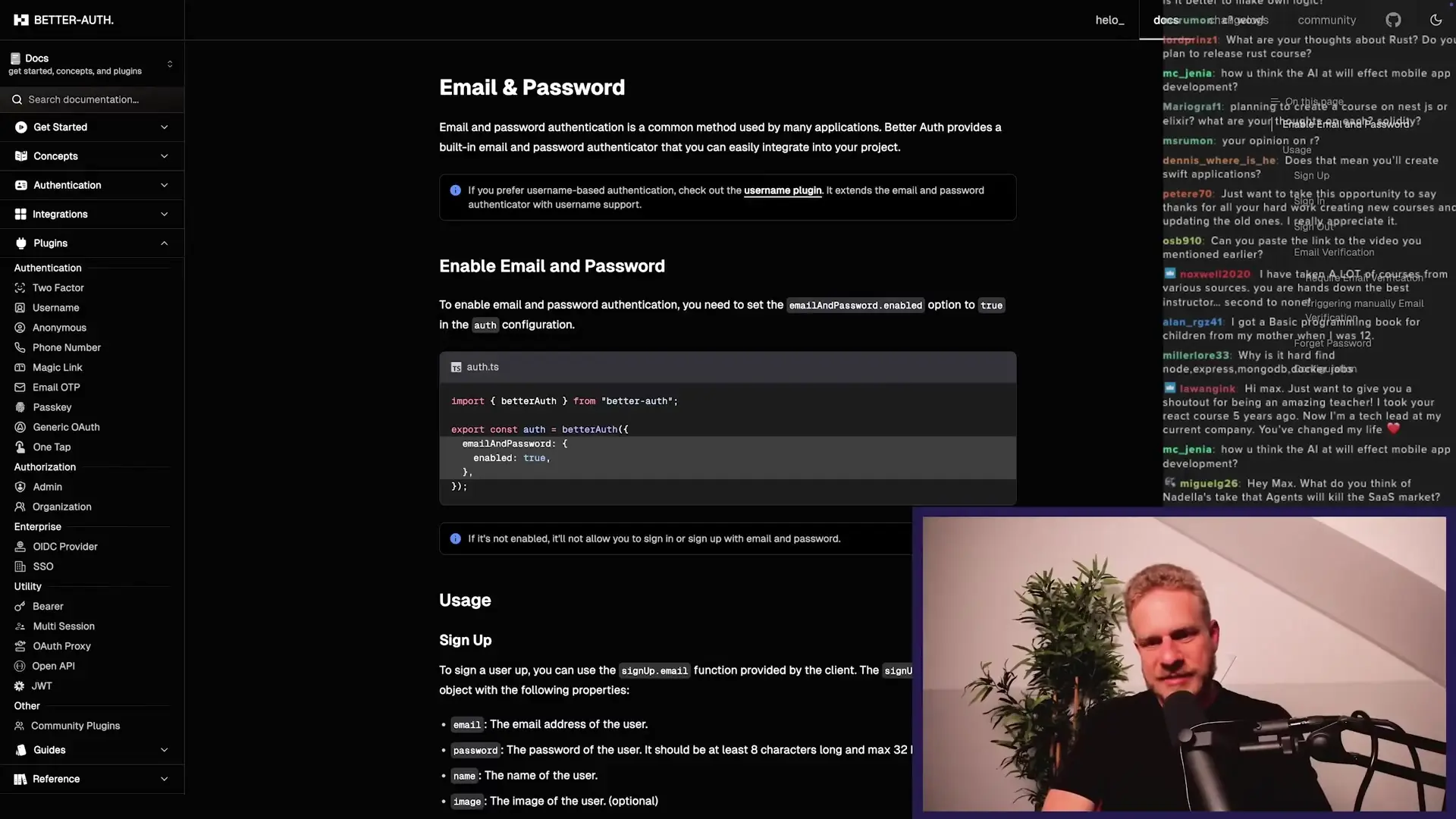
The tech job market has experienced significant fluctuations over the past few years. After the pandemic-driven hiring boom, we've seen a substantial correction with layoffs across major tech companies and a tightening job market. As we move through 2025, developers and tech professionals are wondering: what can we expect, and how will emerging technologies like AI reshape our career landscape?
Current State of the Tech Job Market
Software development job postings have declined significantly from their COVID-era peak. While this correction was perhaps inevitable—the pandemic surge wasn't sustainable—it's still challenging for both established developers and newcomers to the field. Many companies continue to announce layoffs, though there are signs this trend may be slowing as organizations complete their workforce adjustments.
Economic factors like potential interest rate decreases later in 2025 could stimulate hiring. However, uncertainty remains high, especially with changing political landscapes that could affect global tech economies. The consensus among industry analysts is that we're unlikely to return to the extreme hiring peaks of 2021, but a gradual recovery to pre-pandemic levels is possible.
AI's Impact on Developer Jobs: Separating Hype from Reality
The biggest question looming over the tech industry is how AI will transform software development careers. High-profile statements from tech leaders have fueled both excitement and anxiety. For instance, Salesforce CEO Marc Benioff announced in late 2024 that Salesforce would hire no more software engineers in 2025, while Mark Zuckerberg suggested Meta's AI could replace mid-level software engineers this year.
However, these dramatic pronouncements deserve skepticism. Despite Benioff's statement, Salesforce's careers page still lists hundreds of software engineering positions in early 2025, many posted within the last month. This disconnect between public statements and actual hiring practices highlights how tech executives often make bold claims about AI capabilities to impress investors, gain negotiating leverage with employees, or promote their AI products.
We should remember that similar predictions about AI replacing developers were made 18 months ago, yet the job losses we've seen were primarily due to economic factors, not AI displacement. Just as Zuckerberg once renamed his entire company after the metaverse (a technology that quickly faded from public interest), today's AI pronouncements may be more strategic positioning than accurate forecasts.

The Real Impact of AI on Development Work
While the apocalyptic predictions may be overblown, AI is undeniably changing how developers work. Tools like GitHub Copilot and other AI coding assistants can generate functional code blocks and increase productivity. However, current AI models have significant limitations:
- They excel at generating isolated code blocks but struggle with creating cohesive, interconnected systems
- They require human oversight to verify correctness and security
- They have limited understanding of business context and requirements
- They can't replace the communication, collaboration, and planning aspects of software development
Some developers report that overreliance on AI tools can actually be counterproductive. Waiting for AI suggestions and then evaluating them can sometimes take longer than writing the code directly, especially for experienced developers who already know exactly what they want to implement.
Career Strategy for Developers in the AI Era
Given the current job market conditions and the rise of AI tools, what strategy should developers adopt for long-term career success? The answer isn't to abandon the field but to adapt and deepen your expertise.
Go Deep, Not Just Wide
The most valuable developers in 2025 and beyond won't be those who can simply build basic applications or those who rely entirely on AI tools. Instead, the market will increasingly value developers who have deep knowledge of how systems work at a fundamental level.
For web developers, this means going beyond creating simple CRUD applications and developing expertise in areas such as:
- Network protocols and how the web actually functions
- Authentication systems and security principles
- Performance optimization techniques
- Containerization and deployment strategies
- Database design and optimization
This deep knowledge creates a widening gap between developers who understand systems at a fundamental level and those who merely know how to prompt AI tools. As AI takes over more routine coding tasks, the premium on deep technical understanding will only increase.

Use AI Strategically, Not Dependently
Rather than fearing or avoiding AI tools, successful developers will integrate them strategically into their workflow. The key is to use AI as an accelerator for your existing skills, not as a replacement for developing those skills in the first place.
Effective approaches include:
- Using AI to explore unfamiliar technologies, but verifying and understanding the generated code
- Leveraging AI for routine tasks while focusing your energy on complex architectural decisions
- Occasionally turning off AI assistants to maintain and sharpen your core coding skills
- Using AI to generate alternative approaches that you might not have considered
Future Tech Jobs in Demand for 2025 and Beyond
As the tech landscape evolves, certain specializations are likely to remain in high demand despite AI advancements. Areas where human expertise will continue to be valuable include:
- AI Engineering: Developing, training, and maintaining AI systems
- Security Engineering: Protecting increasingly complex systems from sophisticated threats
- DevOps and Platform Engineering: Building and maintaining the infrastructure that supports modern applications
- Systems Architecture: Designing complex, scalable, and resilient systems
- Specialized Domain Experts: Developers who understand specific industries (healthcare, finance, etc.) and their unique requirements

The Paradoxical Opportunity in a Challenging Market
Interestingly, the current market challenges and AI anxiety might create opportunities for those committed to the field. If fewer people pursue software development careers due to concerns about job security or AI displacement, those who continue to develop deep expertise may find themselves in an advantageous position when the market recovers.
This counter-cyclical strategy—investing in your skills during a downturn—has historically paid off in many industries. The developers who use this period to build deeper knowledge rather than retreating from the field may find themselves highly sought after as the market stabilizes.
Conclusion: Adapt, Don't Abandon
The tech job market in 2025 presents both challenges and opportunities. While we're unlikely to return to the hiring frenzy of the pandemic era, and AI tools will continue to transform how we work, the fundamentals remain strong: the world needs skilled developers who can solve complex problems.
The key to thriving in this environment is to develop deep technical knowledge, use AI tools strategically rather than dependently, and focus on the aspects of software development that remain uniquely human: understanding complex requirements, designing elegant systems, and collaborating effectively with teams and stakeholders.
By embracing these principles, developers can position themselves for success not just in 2025, but in the decades of technological change that lie ahead.
Let's Watch!
Tech Job Market 2025: How AI Will Impact Developer Careers
Ready to enhance your neural network?
Access our quantum knowledge cores and upgrade your programming abilities.
Initialize Training Sequence